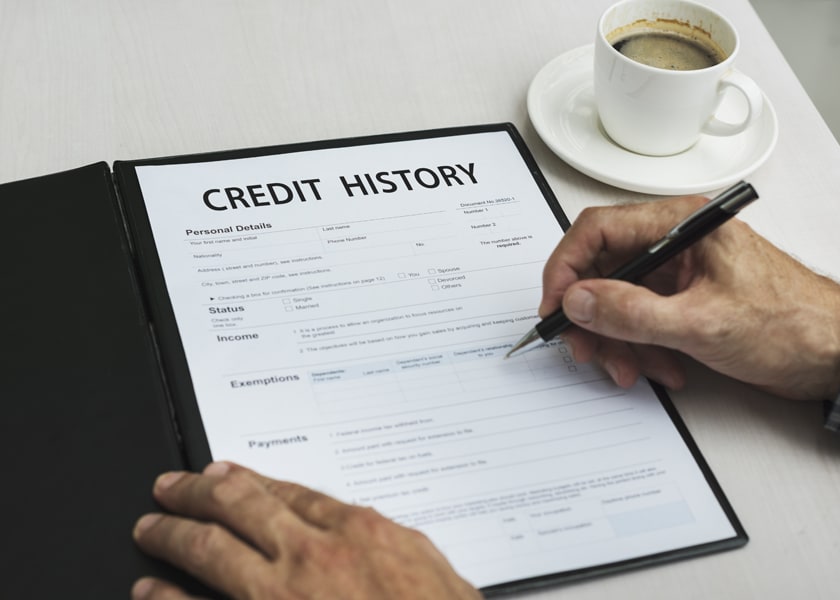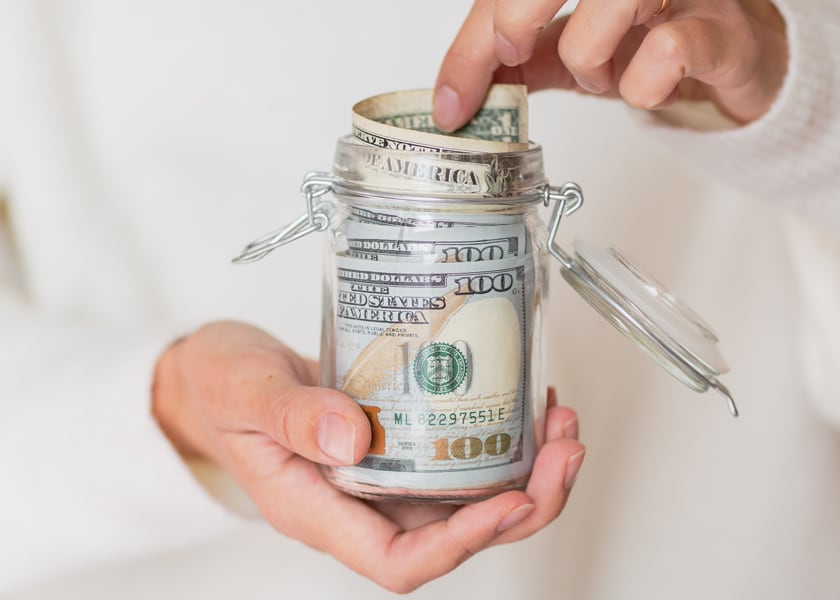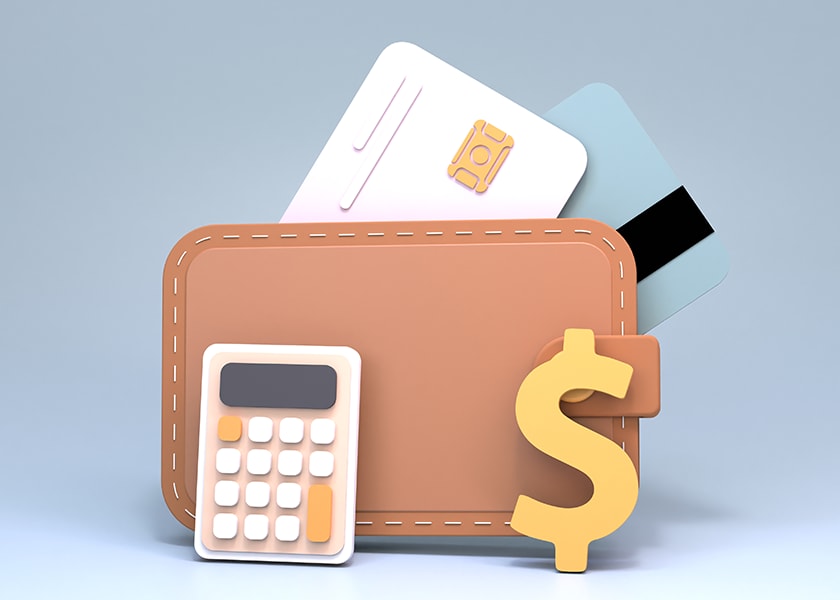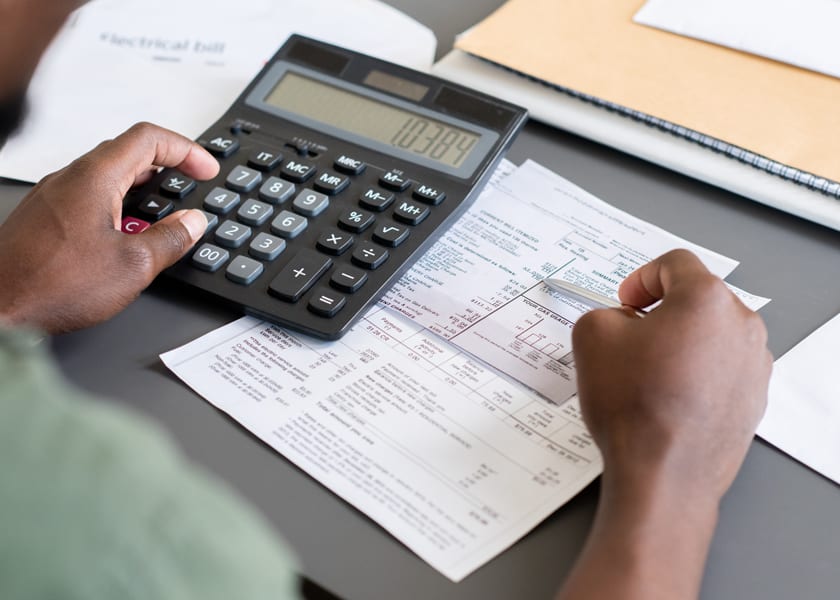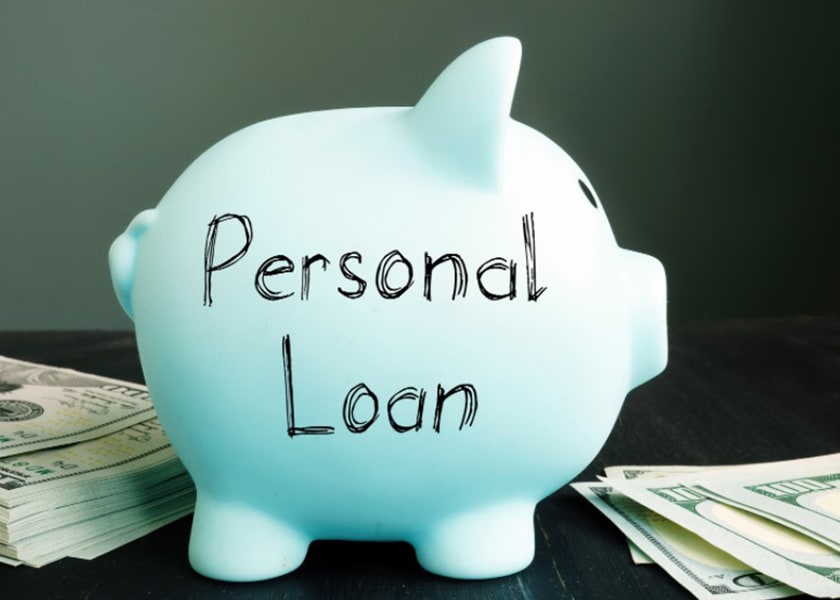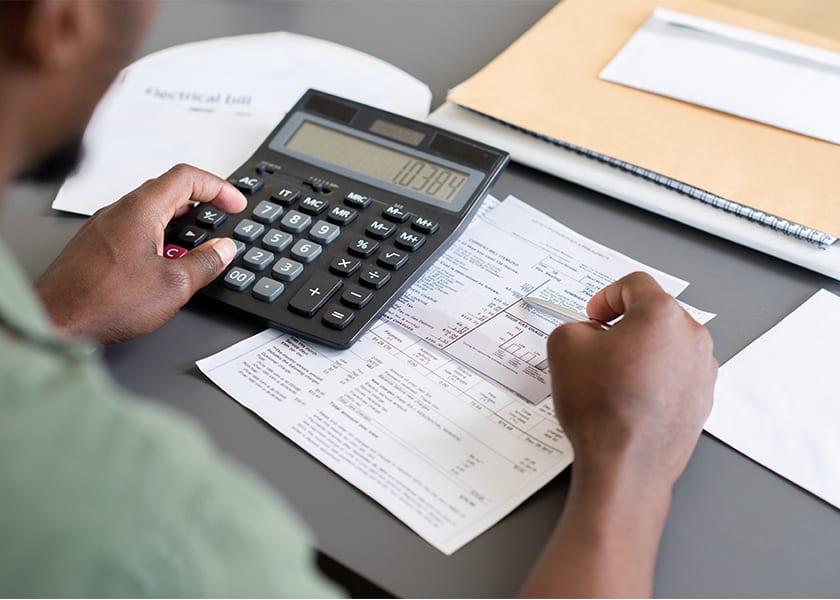Compare Top Providers
Credible 
Updated 2024
- APR: 6.4% - 35.99%
- Loan Terms: 1-10 Years
- Credit Score: Fair/Good/Excellent
- Amounts: $600-$200,000
What is a FICO Score?
Your FICO credit score is a numerical representation of your creditworthiness that ranges between 300 and 850. The credit score reflects the credit risk you are for credit card companies and credit lenders. Your credit score is created by a computer algorithm called the FICO which assigns points to items on your credit report that may be related to your credit. The FICO credit score is typically used by banks, credit card companies, credit unions, and other lenders.
What Determines Your FICO Credit Score?
The credit history of a person is one of the most important factors that will determine a credit score. Lenders look at credit history to predict how likely you are to repay the credit that you get from them. Consist of credit accounts, credit inquiries, and credit balance.
Credit Utilization (30% of FICO Score)
Your credit utilization is the total credit you are using compared to your credit limit. If you have a credit card with a $10,000 credit limit and you have a credit utilization of 10%, this means that you are using a $1,000 credit from your credit card.
Payment History (35% of FICO Score)
Your credit score will be affected if you have late credit payments. Even one late payment can have a negative effect. Sometimes a lender can falsely report a late payment which is why it is even more important to check your credit report.
Number of Credit Accounts (35% of FICO Score)
Your credit score will be affected if you apply for credit too often. You should limit how many accounts you open. Shopping for auto loans or mortgages across a short period of time will not have a negative effect as the technology recognizes you are "shopping" for the best rate.
Recently Opened Credit Accounts (10% of FICO Score)
Newly opened credit accounts or multiple recent hard inquiries on your credit report can adversely affect your credit score.
Types of Credit Accounts (10% of FICO Score)
Having a healthy mix of credit accounts such as auto, credit, home, and other types of credit can have a positive effect on your credit score.
Steps to Improving Your Score
1. Get your Credit Report
Credit scores are calculated on credit reports. It's important to check that the credit report is accurate before you attempt to improve your credit score any further. having your credit report also will show you all your past due and in collection accounts so you can start getting them in order.
2. Pay Your Bills on Time
Credit scores are improved by paying all your bills on time.
3. Be Responsible
Reducing your luxury expenses like getting coffee every day. Any saved money can be put towards further saving money.
4. Pay Down Revolving Credit First
Debts that are close to their limits should be paid off first because high utilization can have a negative effect on your credit score.
5. Update Past Due Accounts
Contact companies you have a past due balance with to set up a payment plan or a reduction in your total amount owed.
6. Request Higher Credit Card Limits
This does not mean you should spend more on your cards, it just means that if you keep the same balance and your limit increases, your utilization goes down which in turn helps your credit score.
7. Report Utility Payments
There are services that will report your rent and utility payments to credit reporting bureaus which help your credit score.
8. Get Up to Date on Collections
Collections you have outstanding need to be paid off and you should work with them to get the debt closed. As a condition of closing out these debts, you should request the collection agency to stop reporting the debt to the credit bureaus.
Credit Utilization Matters
Credit scores are improved if you keep credit utilization low. Closing credit cards will not help improve credit scores because it can increase credit utilization, which is bad for credit scores.
Balance Your Credit
Credit utilization is the amount of credit you are using on credit cards, loans, or other lines of credit.
Remove Paid Off Entries
Any paid-off entry can be removed from your credit report. If the payment was through a collection agency, they are the best option to get the entry removed.
Remove Old Late Payments
Contact the vendor and ask for these items (if paid off) to be removed from your credit report.
How Long Does It Take?
The time it takes to improve a credit score can vary depending on what steps you take to improve it. There is a four-step process you can follow to quickly increase your score.
- Get a copy of your credit report. (It will not affect your score)
- Get any paid-off collections removed.
- Pay down any maxed-out debt.
- Pay off any collections against you.
- Make sure paid-off items are removed from your credit report.
Conclusion
Taking any of these steps can have a positive impact on your credit score. If you are planning to make a major purchase, getting your credit score first is a good way to start.

